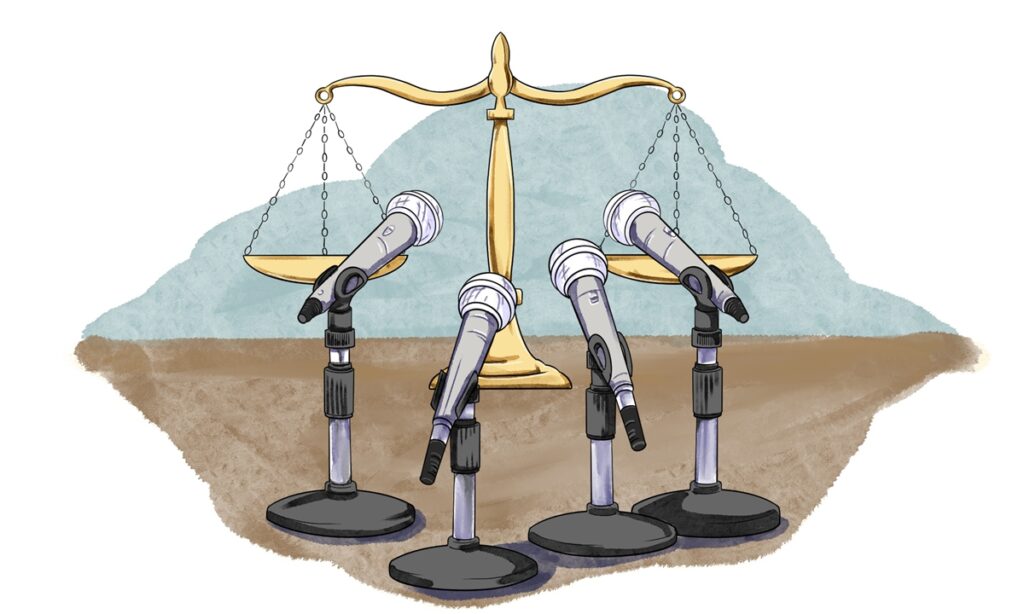G20 finance ministers and central bank governors are set to have the third meeting under the Italian G20 presidency on Friday and Saturday in Venice, Italy. Among agenda which includes promoting a post-COVID recovery and a more sustainable growth, the global minimum corporation tax issue is expected to attract widespread attention.
Since finance leaders from the G7 countries agreed to back a new global minimum tax rate of at least 15 percent on June 5th, it has sparked debate among economies around the world. While G7 economies strongly endorse the agreement, some developing economies refuse to support the proposal. This week’s G20 finance ministers’ meeting will go a long way in determining whether the proposal can win broad support from major developing economies.
Although the Paris-based Organisation for Economic Cooperation and Development (OECD) said 130 countries have agreed to a conceptual framework includes a 15 percent minimum corporate tax rate, which had been proposed by the US, some finance officials of G20 member countries have spoken out against the commitment ahead of the meeting, according to media reports.
Martín Guzmán, the finance minister of Argentina, said the 15 percent minimum rate is far too low. When the G20 meets in Venice, Argentina will argue for a higher minimum tax rate not less than 21, Forbes reported on June 30. Outside of the G20, developing countries are likely to push for an even higher minimum tax rate, the report said.
From the perspective of protecting the functioning of corporations and combating unreasonable tax avoidance, the global minimum tax proposal will play a positive role. According to the blueprint of the global minimum corporate tax deal, multinational corporations would pay an appropriate share of tax wherever they operate, which will stop countries from luring multinational companies with unreasonable low tax rates.
However, by proposing a global minimum tax, the goal of major developed economies, led by the US, is essentially to keep more money in their own pocket. It’s crucial that the deal not become a scheme aimed at serving the interests of developed countries. Negotiators need to further consider the needs of developing countries.
A pattern has become increasingly obvious. Following a US-led effort within the G7, proposals are then put to the G20 for further discussion. When G7 has reached consensus on certain issue, it’s easier to reach an agreement in G20 meeting. Countries should be aware that the US’ attempt to influence the G20 through its control of G7. Whether it is the minimum tax issue or other issues, the G20 meeting should play a role in further balancing the opinions of more countries in the discussion process.
Although the negotiations on the global minimum corporate tax rate are in theory simpler and less controversial, before a broad agreement is reached, the demands of developing countries should be considered, including guaranteeing national fiscal revenues, and differentiated standards for different industries and different economic and trade zones.
In any future implementation process, it is suggested that a transition period should be set, and each country should make their own preparations. At the same time, some developing countries with difficulties should also set aside a longer transition time.
Globally, the balance of corporate income tax is a new issue for governments and regulators. While taking a positive attitude to positively participate in the negotiation of the new deal, China should also make necessary preparations. For different sectors and regions, more detailed calculations and evaluations need to be undertaken.
In general, the 15 percent rate in the world will not significantly impact China. China’s corporate profit tax rate is 25 percent. High-tech companies in China enjoy a preferential corporate income tax rate of 15 percent. They will not be affected. For some industries or economic experimental zones currently enjoy lower tax rate than 15 percent, they may be affected. There should be policy coordination arrangements.
The author is a vice chairman of the China Society for World Trade Organization Studies in Beijing, and former president of the research institute of China’s Ministry of Commerce. bizopinion@globaltimes.com.cn
Illstration: Tang Tengfei/GT


